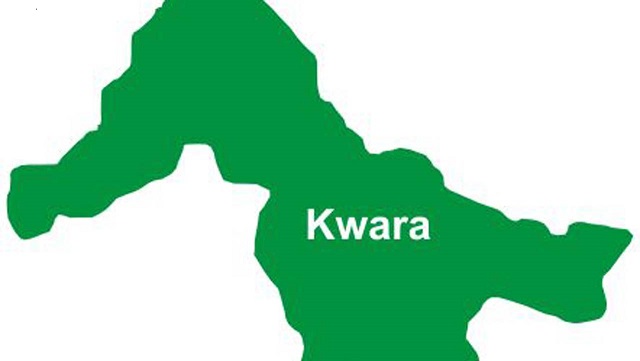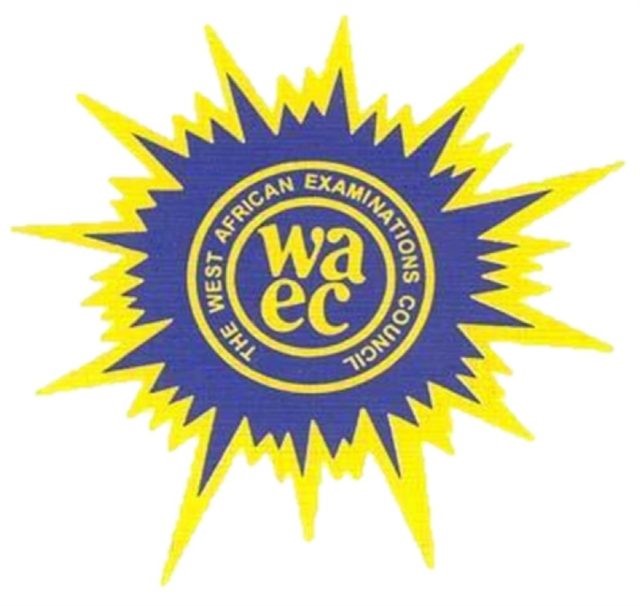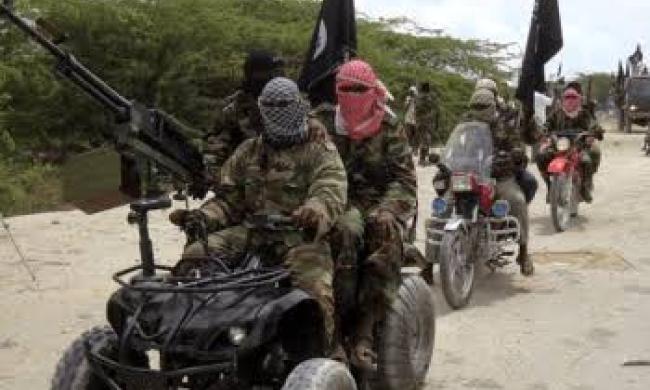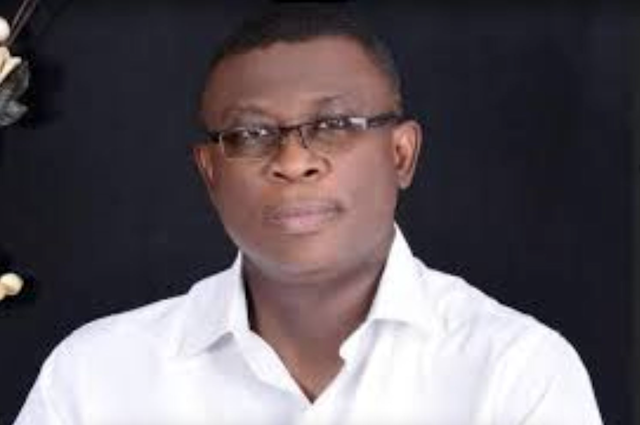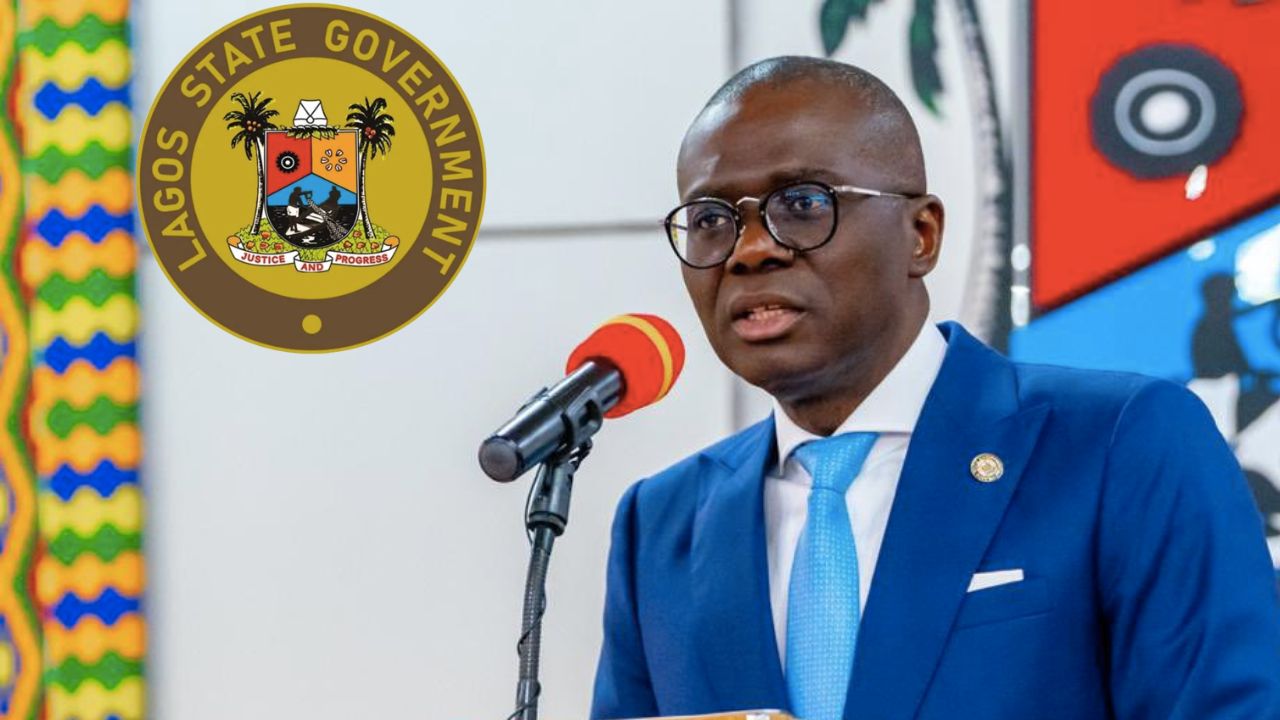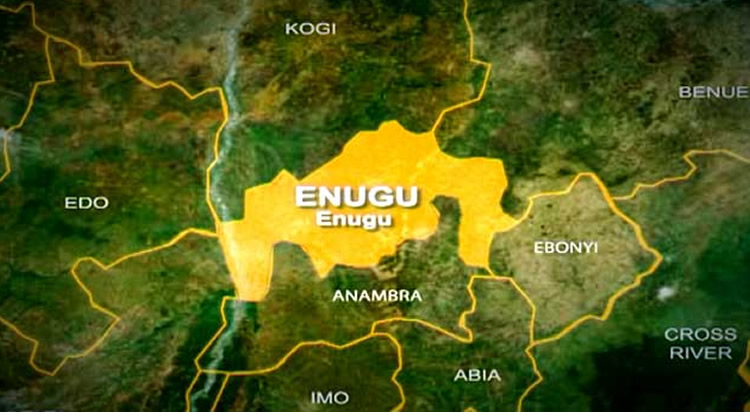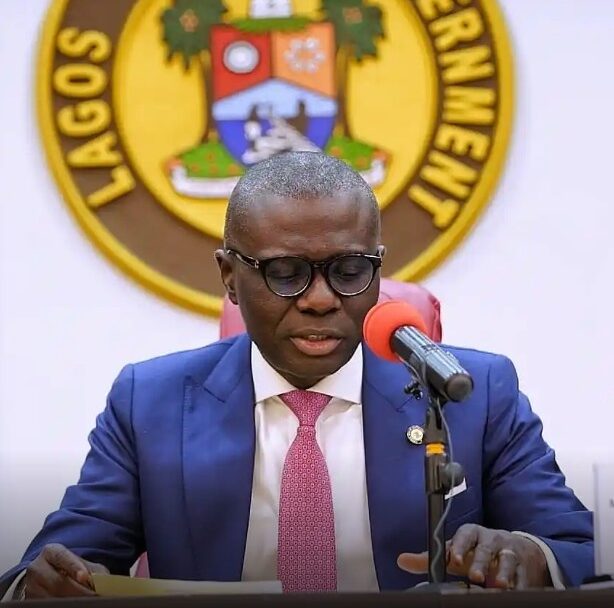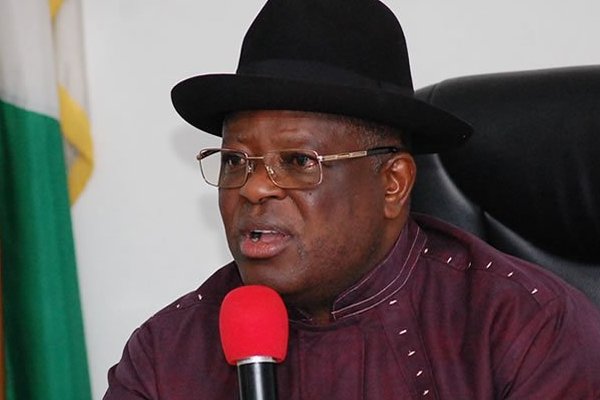The Lagos State Examinations Board has concluded arrangements to hold a one-day sensitisation programme for the revalidation of examination codes of Public and Approved Private Schools in the State.
According to a statement by Adebayo Orunsolu, Director of the Board, the programme has been scheduled for Thursday, 26th October, 2023, at the Conference Room of the Board at 10.00 a.m.
Orunsolu stated that the objective of the exercise was to educate and enlighten the invited associations on the need for Public and Approved Private Schools in the State to revalidate their Examination Codes.
He noted that the exercise would go a long way to eliminate existing multiple codes and facilitate proper documentation of records and also sanitise the information of schools on the database of the Board.
“Representatives of each of the under-listed associations, particularly the President and the Secretary, are expected to attend the sensitisation programme,” he added.
The Director listed expected bodies as the National Association of Proprietors of Private Schools (NAPPS), Association of Islamic Model Schools, League of Muslim Proprietors (LEAMPS), Association of Formidable Education Developers (AFED), and the Lagos State Baptist Conference.
Others are the Lagos Methodist Schools, Christ Redeemers Schools Management, Association of Providers of Education in Nigeria (APEN), Catholic Mission Schools, Lagos Anglican Diocese, Association of International Schools Educators of Nigeria (AISEN), Accredited Private Schools Union (APSU), Education Reformers Association of Nigeria amongst others.
The Board, therefore, implored the invited Associations to inform schools under their jurisdiction on the development to enable them take part in the exercise, holding from Nov. 1 to Nov. 15.
“The verification exercise on the revalidation of Schools’ Examination Codes is scheduled to hold for two (2) weeks at the premises of the Lagos State Examinations Board, Iyana Ipaja, Lagos.
“The Schools to be attended to during the first week are those operating in Agege, Ifako Ijaiye, Ikorodu, Lagos Island, Ibeju Lekki, Lagos Mainland, Apapa, Amuwo Odofin abd Ikeja Local Government Areas of the State.
“Others operating in Alimosho, Somolu, Kosofe, Eti OSA, Epe, Surulere, Ojo, Badagry and Oshodi Local Government Areas operating have been scheduled for the second week of the verification exercise,” he explained.
Orunsolu listed required documents for the confirmation of the existing school examination codes as; Letter of Approval from the Ministry of Education, Subject Recognition Inspection (SRI) Report for BECE only.
Also, a copy of the old payment receipts, Receipt for payment for School Code, School Code Approval Letter and Payment receipts for the last examination.
The Board also solicited for the cooperation of all concerned stakeholders in the State to make the exercise a successful one.
